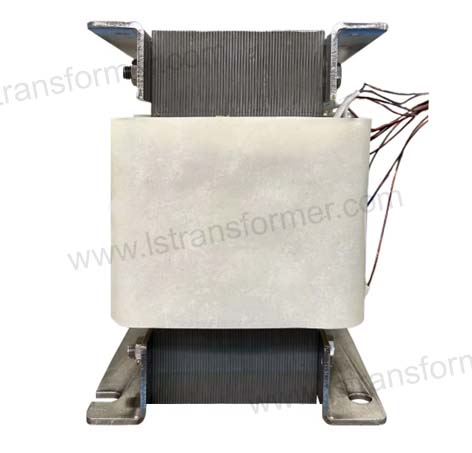Tests Required for Vacuum Epoxy Resin Cast Transformers
Vacuum epoxy resin cast transformers are widely used due to their various advantages, including low noise, low partial discharge, high reliability, and long service life. To ensure the safe and stable operation of these transformers, several tests need to be conducted before putting them into operation.
Insulation resistance test: This test is performed to ensure the proper insulation resistance of the transformer windings. A megger is used to measure the insulation resistance between the winding and ground. The recommended value for insulation resistance is 1 megaohm or higher.
Ratio test: The ratio test is conducted to verify the turns ratio of the transformer. The actual turns ratio is measured and compared with the design specification.
Polarity test: The polarity test is performed to determine the polarity of the transformer windings. This test is essential to ensure that the transformer windings are correctly connected.
Winding resistance test: The winding resistance test is performed to determine the resistance of the transformer windings. This test is used to check the correctness of the transformer design and to identify any faulty winding.
No-load loss and excitation current test: The no-load loss and excitation current test is conducted to determine the no-load loss and excitation current of the transformer. These values are important for calculating the efficiency of the transformer.
Load loss and impedance voltage test: The load loss and impedance voltage test is conducted to determine the load loss and impedance voltage of the transformer. These values are essential for calculating the regulation and efficiency of the transformer.
Insulation level test: The insulation level test is conducted to determine the insulation strength of the transformer. This test is essential to ensure the transformer's ability to withstand the specified voltage without any insulation failure.
In conclusion, these tests are essential to ensure the safe and reliable operation of vacuum epoxy resin cast transformers. Properly conducted tests can detect any faults or defects in the transformer, enabling corrective measures to be taken before putting the transformer into operation.
Additionally, before commissioning, the vacuum epoxy casting transformer should undergo insulation resistance tests, oil pressure tests, and dielectric strength tests to ensure that it meets the safety and performance standards. These tests help to identify any potential issues and ensure that the transformer is functioning correctly before being put into operation.
LuShan, est. 1975, is a Chinese professional manufacturer specializing in power transformers and reactors for 48 years. Leading products are single-phase transformer, three-phase transformers, DC inductors, AC reactors, filtering reactor, expoxy resin high-voltage transformer and intermediate, high-frequency products. Our transformers and reactors are widely used in 10 application areas: rapid transit, construction machinery, renewable energy, intelligent manufacturing, medical equipment, coal mine explosion prevention , excitation system, vacuum sintering, central air conditioning.
Know more about power transformer :https://www.lstransformer.com/Transformers

 EN
EN
 FR
FR DE
DE ES
ES

